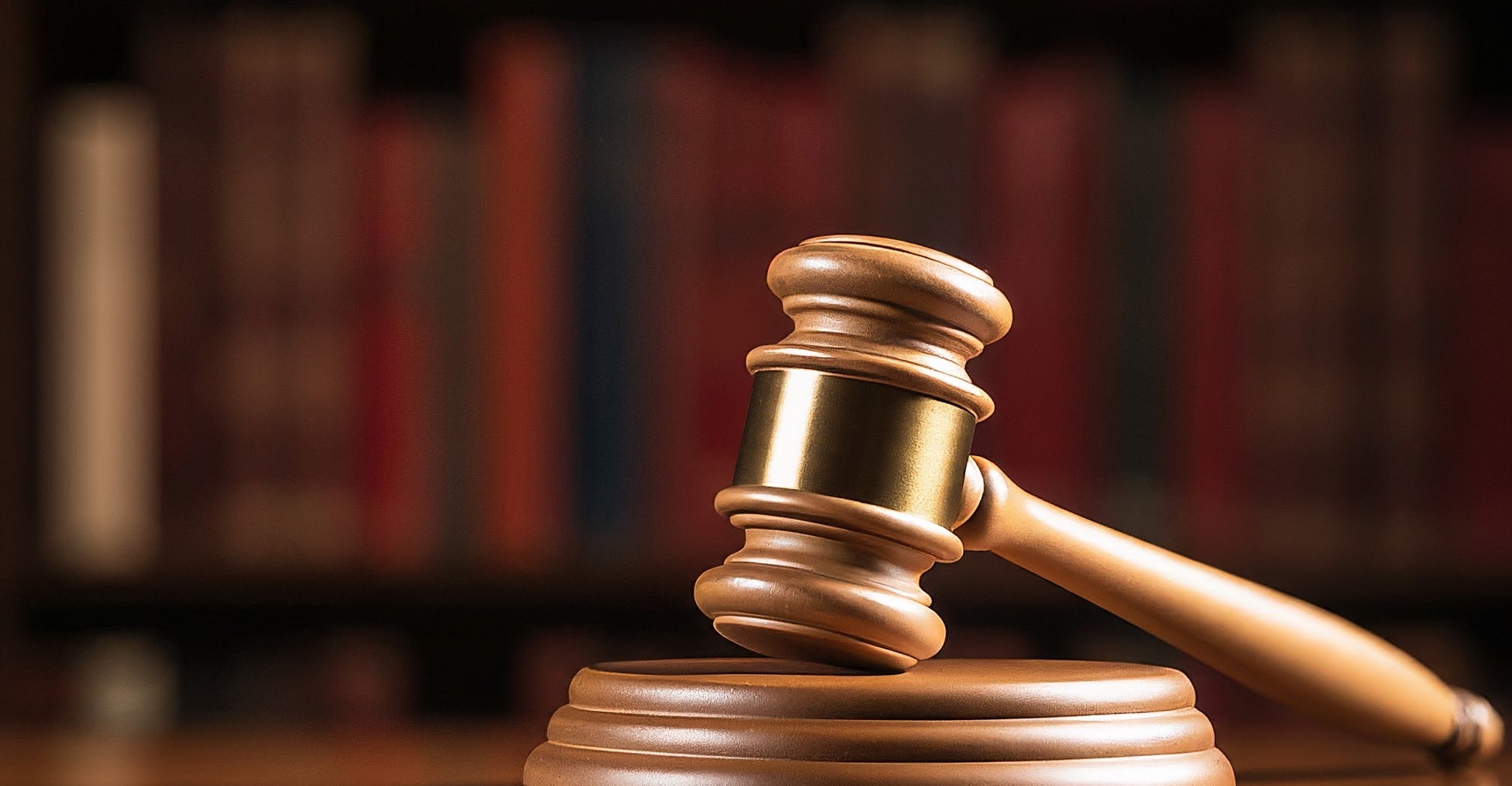Taxation involved Real Estate in Thailand
The importance of the real estate sector in Thailand is undeniable and is tightly connected with the tourist industry. Real Estate has a decisive role and started to be an early key sector for the Thai economy since the latest seventies of last century, immediately after the end of the Vietnam War. Therefore Thailand was one of the first South East Asian countries to become a real estate hub in the region.
Nowadays the sector is solid, mature and consolidated. In fact on 2016 property market in Bangkok will continue growing by 5 to 10.3 %, between Bt378 billion and Bt391 billion from Bt354.79 billion of last year. Nowadays the capital, Bangkok, continued to rank as the less expensive market in Asia for prime real estate and according to MasterCard’s 2015 Global Destination Cities Index, Bangkok was the most visited Asian city and the 2nd in the World by international overnight visitors.
Nevertheless our clients often experience many doubts regarding Thai Tax Law when they plan to purchase or sell a property. In Thailand we have the Land and House Tax Act B.E.2475. I would like to clarify that the concept of “The house” includes building and other constructions and the concept of “The Land” includes the land which is used together with the building. It is important to distinguish clearly. There are properties which are exempted from the Land and House Tax such as palaces, properties of government, properties of state railway of Thailand, public schools and hospitals, Buddhist temples or public graveyards. Let’s proceed to analyze the different cases:
The Government fee that has to be paid when buying a house in Thailand is quite simple and has a transfer fee of 2% from the estimated price and normally the buyer and seller agree to pay half of it each of them.
In case of buying a condominium in Thailand, the expenses and government fee are structured as follows. Firstly there is a deposit payment, down payment, monthly installment and a transfer fee of 2% from the estimated price and normally the buyer and seller also agree to divide equally. In case there is a loan and mortgage, it is compulsory to pay 1% of the amount of the loan in terms of loan and mortgage registration but limited to not exceeding THB 200,000. There are other expenses such as common area and utilities fee, insurances and fees for water and electricity installation (This expenses shall be responsible by developer).
If we refer to the case of selling a House or condominium in Thailand we must take in account the transfer fee of 2% where the seller usually will pay 1% of it. Regarding the duty stamp, it is 0.5% from the higher figure taken from the estimated price or the market price. On the other hand if the seller owns the property less than 5 years, the seller has to pay a Specific Business Tax of 3.3% from the estimated price or market price instead of the above mentioned 0.5% duty stamp. However, if the seller owns the property more than 5 years or receives the property title from inheritance, the seller shall not pay for Specific Business Tax. Finally if the seller has an income from selling the property, the income shall be deducted for personal income tax. (It should be withholding tax which is levied from 5-37% of the appraisal value of the construction if the seller is personal. If the seller is juristic person 1% of the higher amount between appraisal value and market price will be withheld).
Regarding the expenses and taxes by renting a property in Thailand, the registration for long-term lease of more than 3 years will have a registration fee of 1% of the total amount from the whole period of the lease agreement. Duty Stamp of 0.1% of the amount of the lease payment shall be completely paid on or before the registration. Lastly, there is tax liability of the lessor for 12.5% a Land and House Tax calculated from the annual rental income, unless both parties agreed otherwise. This land and House Tax is collected by local authority where the construction located, it is the duty of the Lessor to inform his rental income to the authority.
To sum up, after briefly clarifying the Tax regulation, we always advice to consult with a professional lawyer or a well-established law firm in Thailand with a strong practice in Tax Law.
Jose Herrera
Partner Juslaws & Consult
























